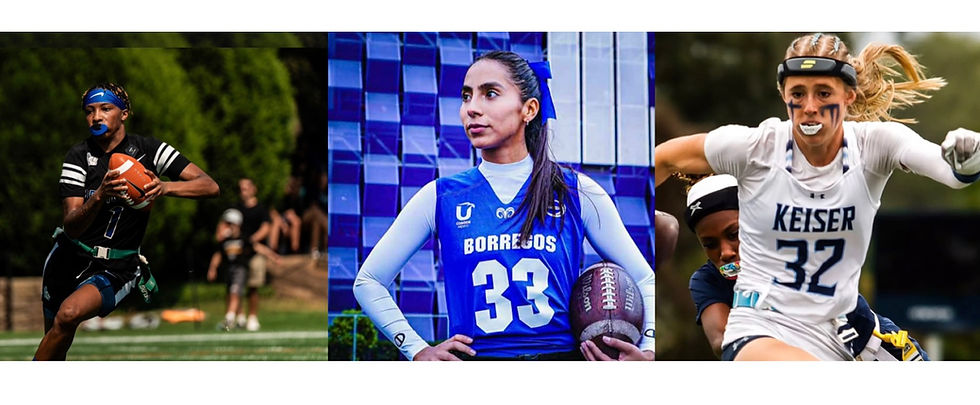Miami Gardens Residents' Lawsuit Against F1 and Miami Dolphins Dismissed
- Jason Morrin
- Jul 7, 2021
- 3 min read
Updated: Oct 18, 2022
In late 2020, more than a dozen Miami Gardens residents filed suit against Miami-Dade County and Mayor Carlos Gimenez for racial discrimination, seeking to prevent Formula One races from being held at Hard Rock Stadium, where the Miami Dolphins play. The plaintiffs alleged that their civil rights as well as state, county, and city laws were violated by the large-scale, car-racing event at the Hard Rock Stadium in their city.
Liberty Media, the entity that owns and controls Formula One, announced, in September 2016, its goal of expanding Formula One racing to Miami. The plans initially contemplated a long weekend of racing in 2019, through the streets of downtown Miami, near Bayfront Park and the Port of Miami, among the city's restaurants, shops, and residential areas. In May 2018, Stephen Ross, the owner of the Miami Dolphins and the owner of the exclusive franchising rights to Formula One races in South Florida, expressed the goal of Formula One, "[i]n cooperation with the City of Miami and Miami-Dade County," to "deliver yet another global event that will be a destination for people from around the world and drive economic value to South Florida."
Close to one-hundred Miami Gardens residents attended a October 29, 2019 commission meeting to express their opposition to Formula One racing in their neighborhood. Various residents and city leaders voiced their concerns about the myriad of negative impacts the racing would have on Miami Gardens: "catastrophic health impacts"-namely, hearing damage and air pollution, disruption to their daily lives, not being able to access their homes during races, unacceptably high noise levels, and extreme traffic congestion. The Miami Gardens residents and community leaders also highlighted the unprecedented outcry from the Miami Gardens residents, the Dolphins' lack of effort to engage them in the process, the community's historical lack of representation in and influence on the County, and the apparent double standard between the Defendants' response to the downtown Miami residents' opposition to the race as compared to, in contrast, the Defendants' disregard of the Miami Gardens residents' similar outcry.
Formula One agreed to a $5 million pact with Miami Gardens over the next 10 years. In an effort to garner support, F1 proposed a community benefits package which includes priority hiring of Miami Gardens residents, the creation of a STEM program for children and other concessions to address residents’ concerns. Still, nearby citizens felt strongly in opposition and unsuccessfully attempted to overturn the election of a city council member who supported F1's proposal. The council would eventually vote to approve F1's offer, leaving this lawsuit as the residents' last chance.
After much deliberation, the United States District Court for the Southern District of Florida issued its decision on July 7, 2021, holding for the defendants, F1 and the Miami Dolphins. Ultimately, the residents' suit was dismissed because they did not state a claim that was plausible enough to lead to relief. The court reasoned that the defendants were grounded in their reasoning for holding the race at Hard Rock Stadium in Miami Gardens. Said rationale was to eliminate the need for a formal street closure, which would have been required at other proposed locations, such as Bayfront Park.
As for the plaintiffs' 14th Amendment equal-protection claim, the court held that the allegations did not amount to a plausible showing that the County specifically targeted Miami Gardens because it wanted to inflict harms associated with the event specifically on Black residents. "While it is certainly plausible that the harms alleged will disproportionately impact Black residents, simply by virtue of the fact that 73% of Miami Gardens' population is Black, that alone is not enough to show discriminatory intent." "[O]fficial action will not be held unconstitutional solely because it results in a racially disproportionate impact."). In order to allege an equal-protection claim, a plaintiff must set forth facts showing not only a racially disproportionate impact, but a racially discriminatory intent or purpose as well. The latter fell short here.
Excerpts from the court opinion are depicted below:










